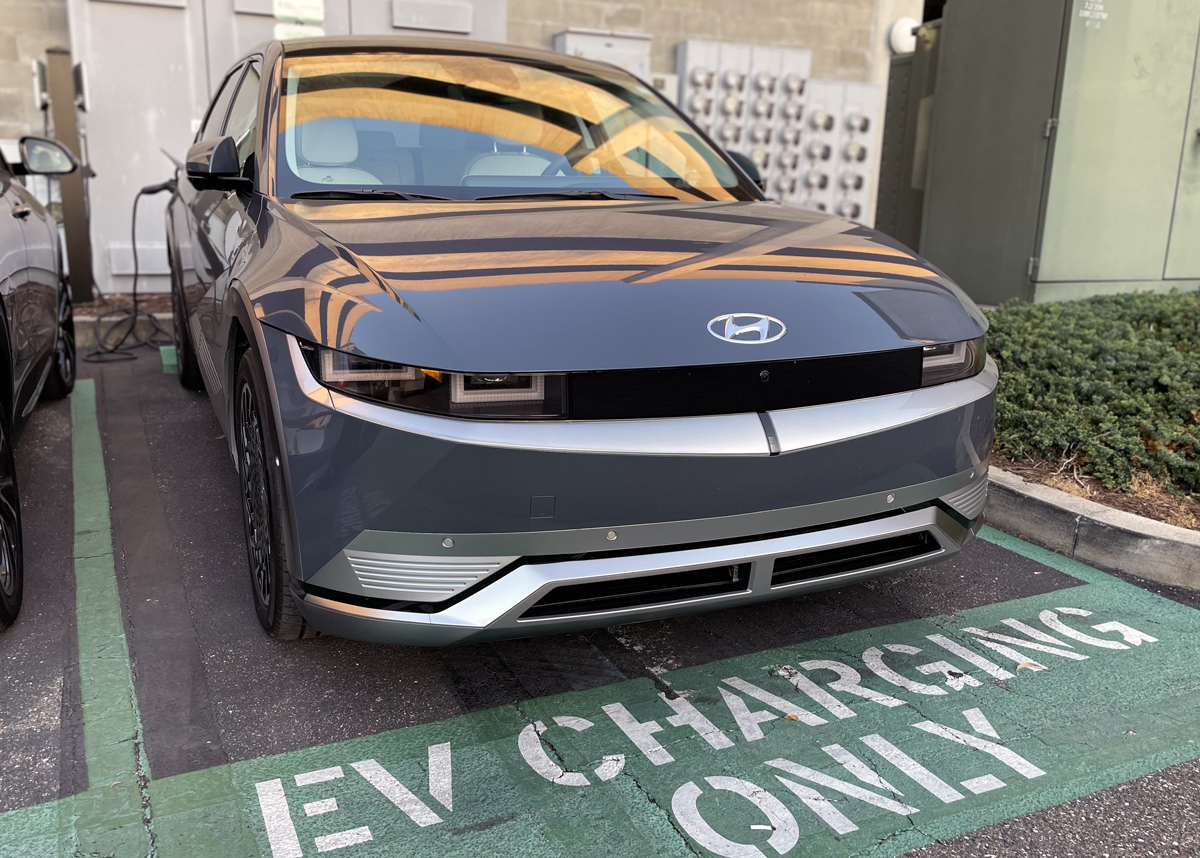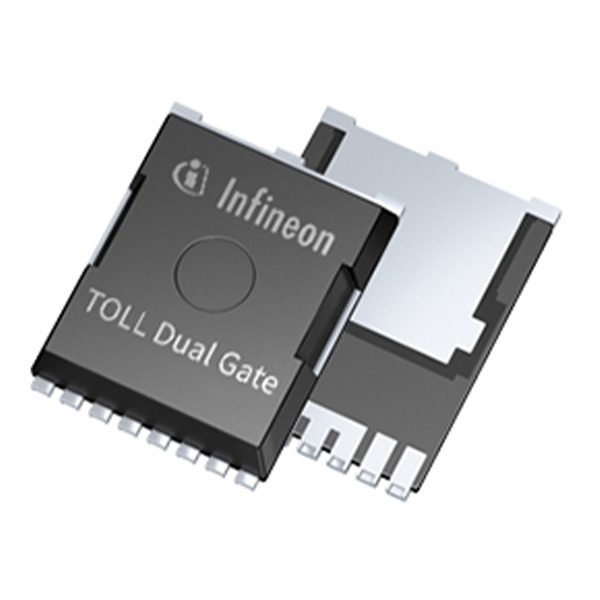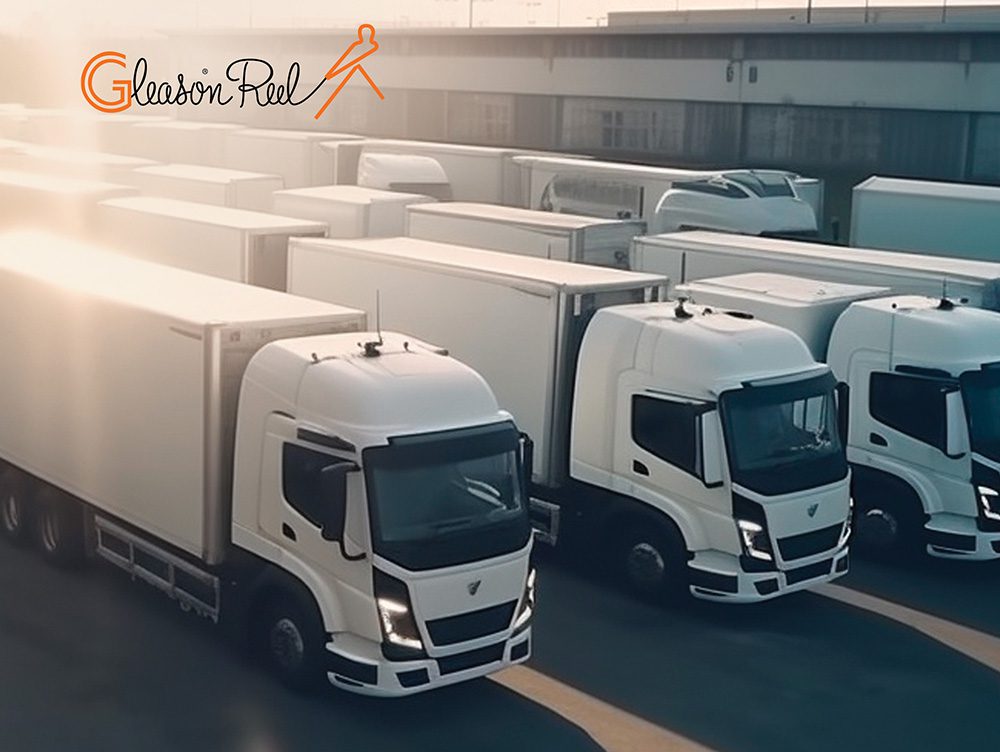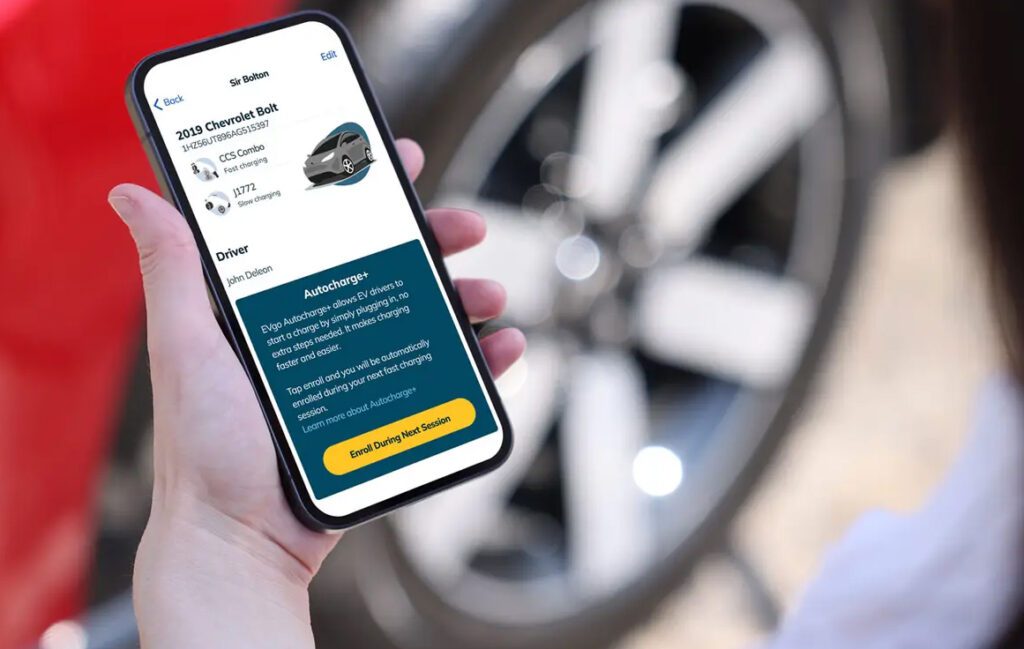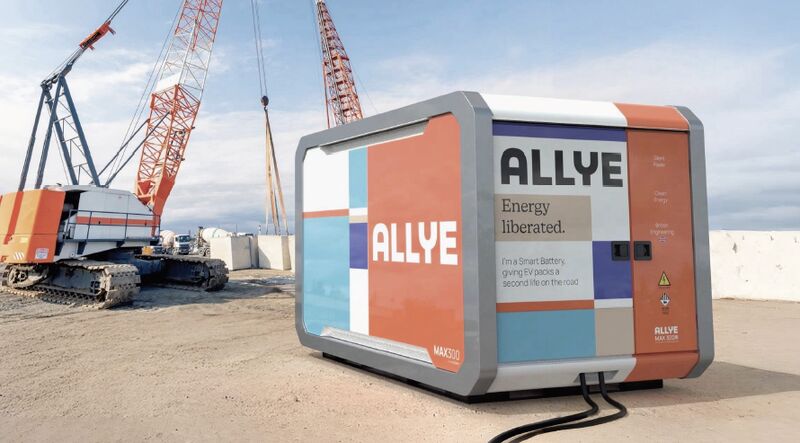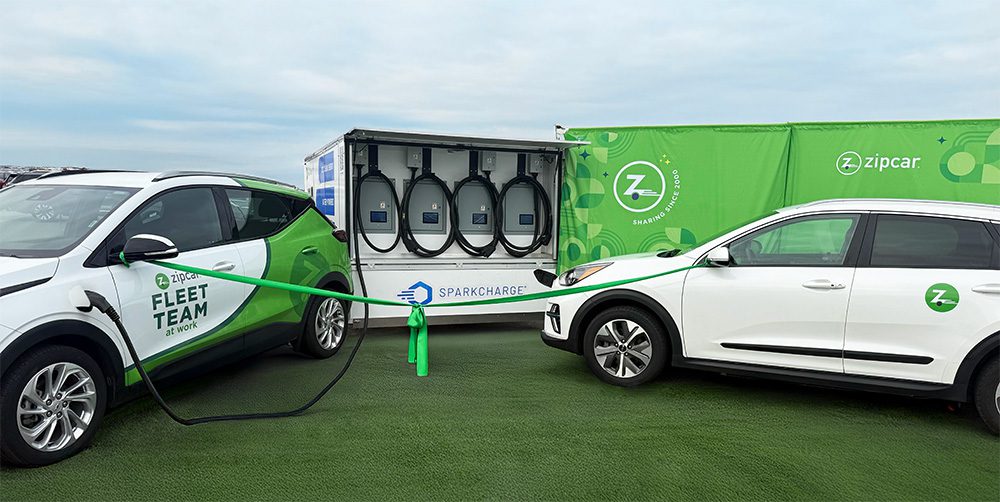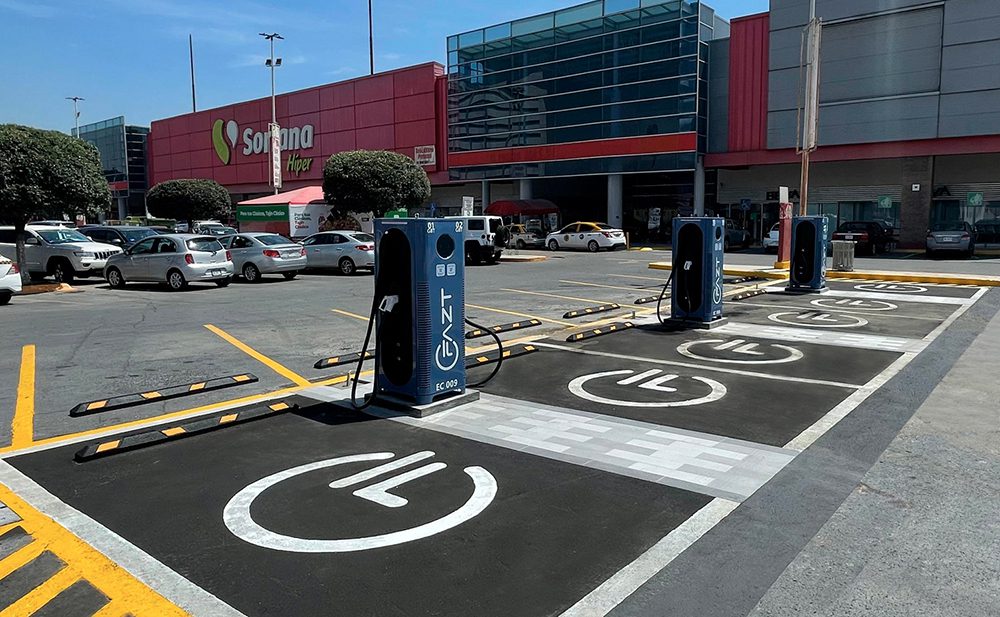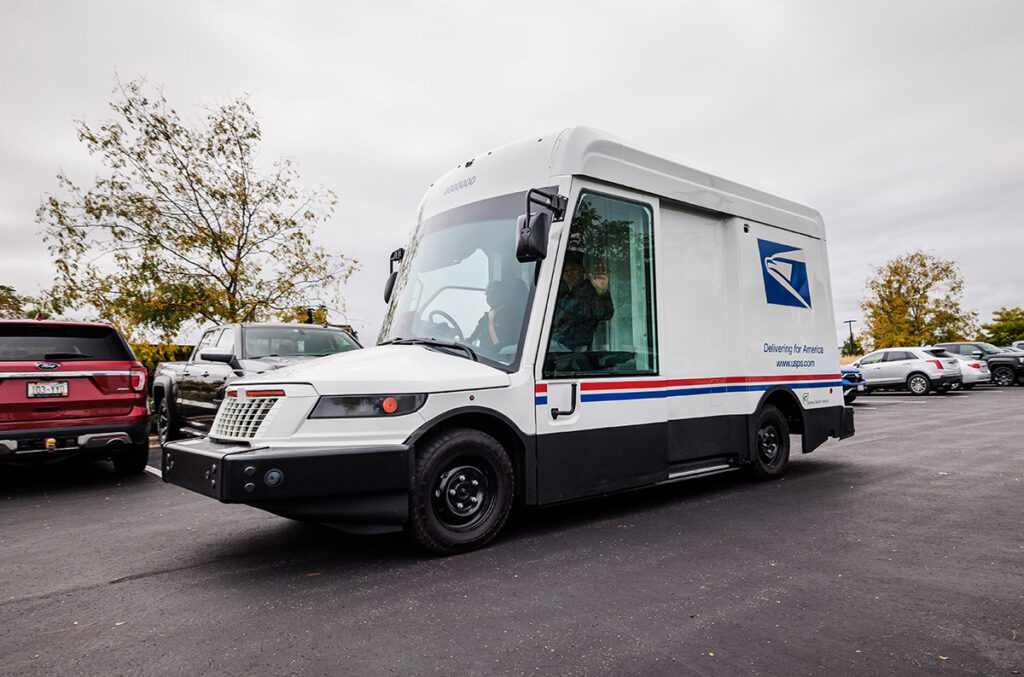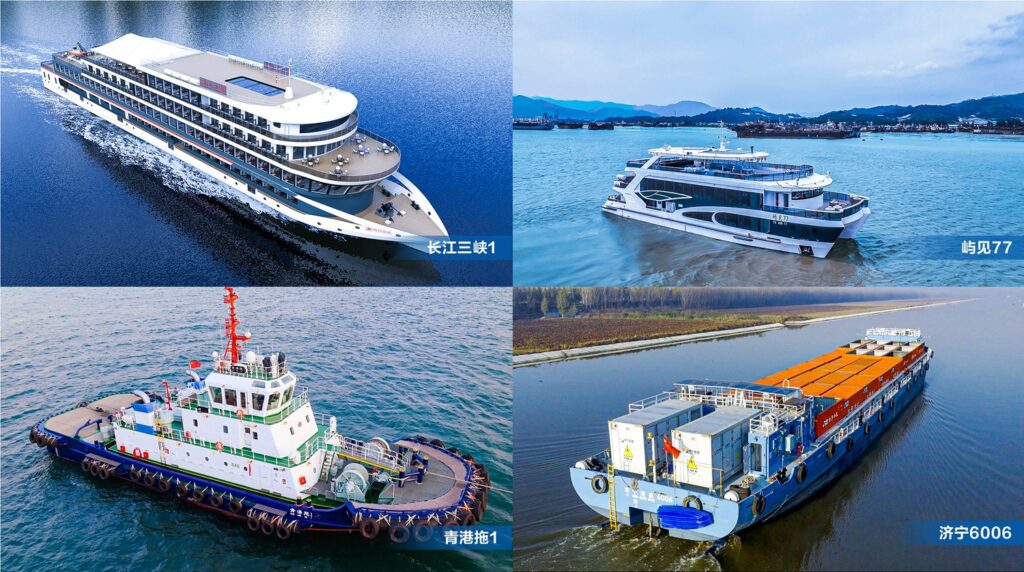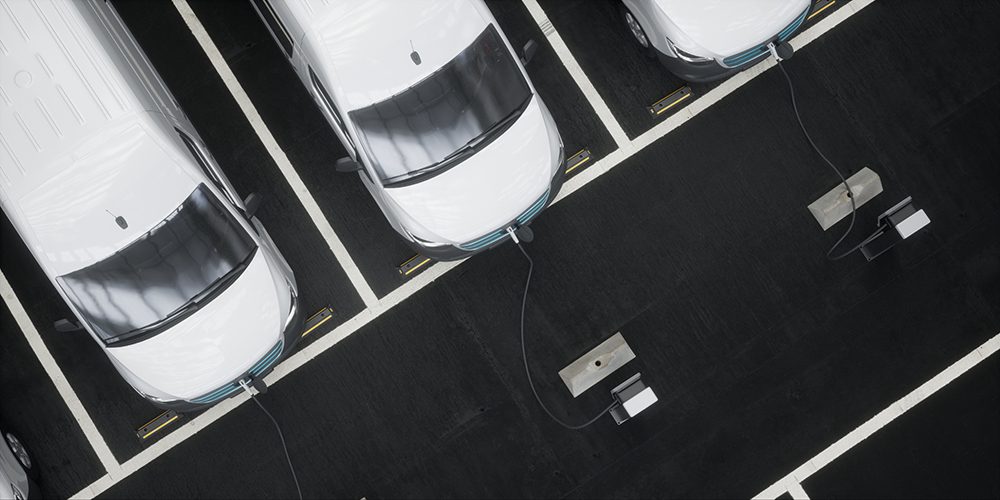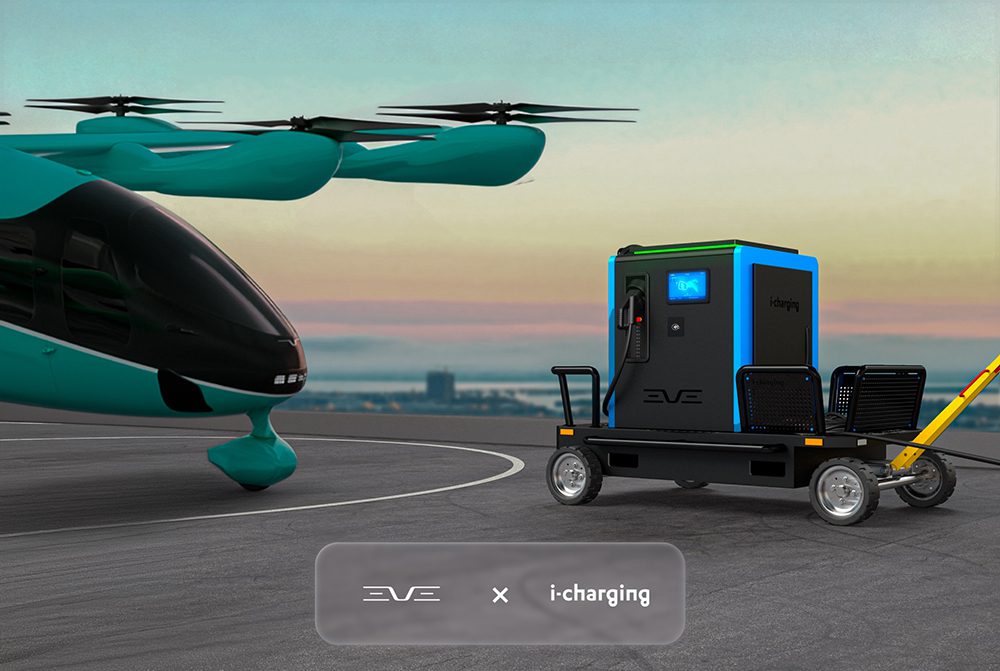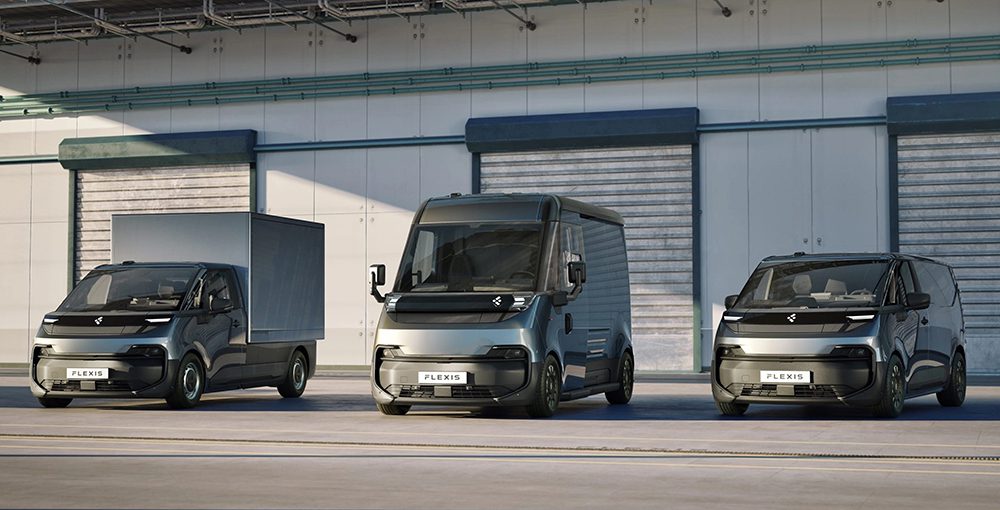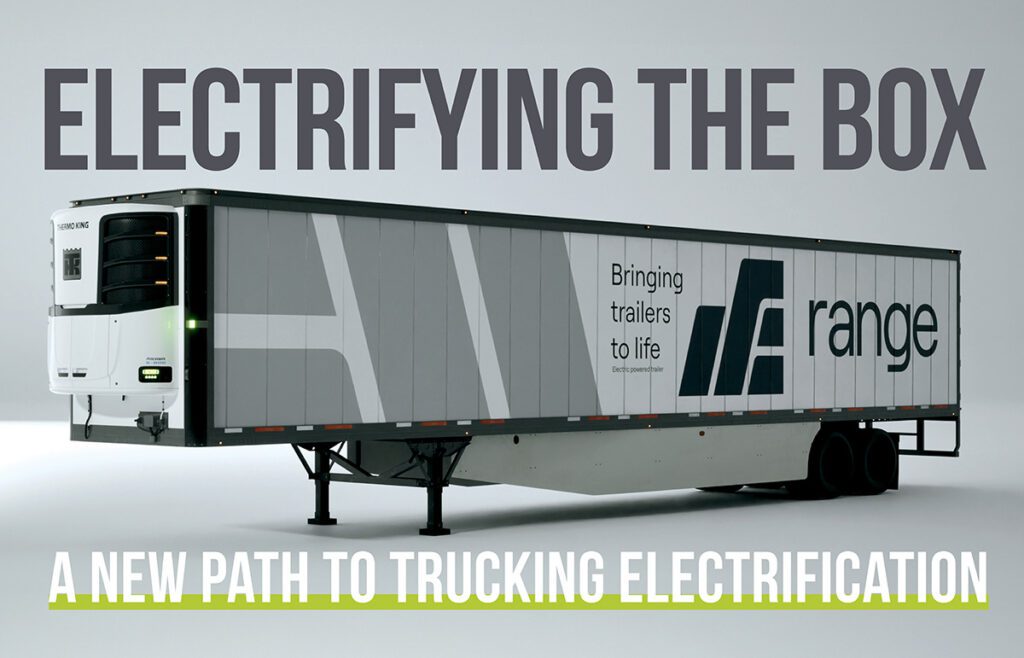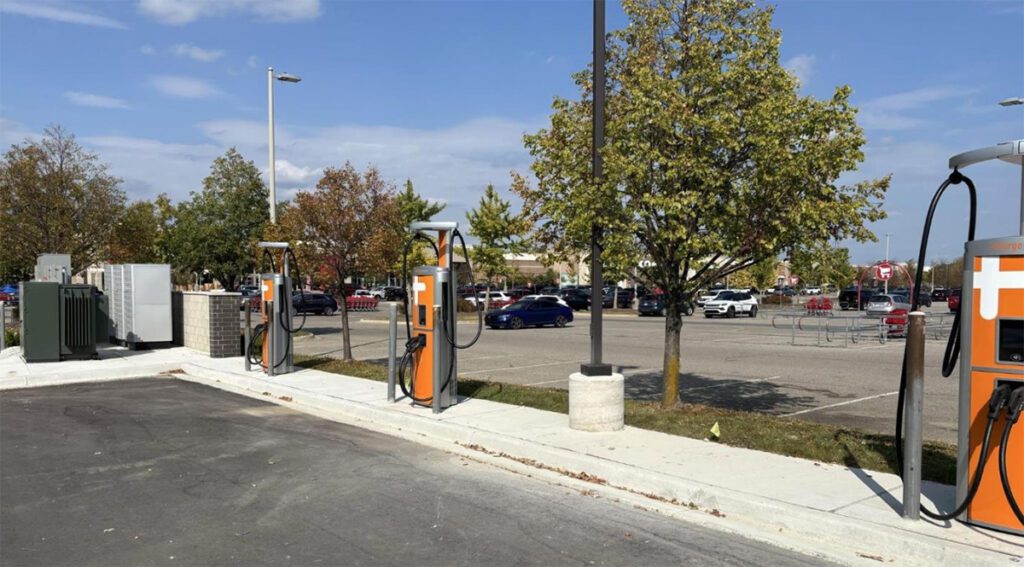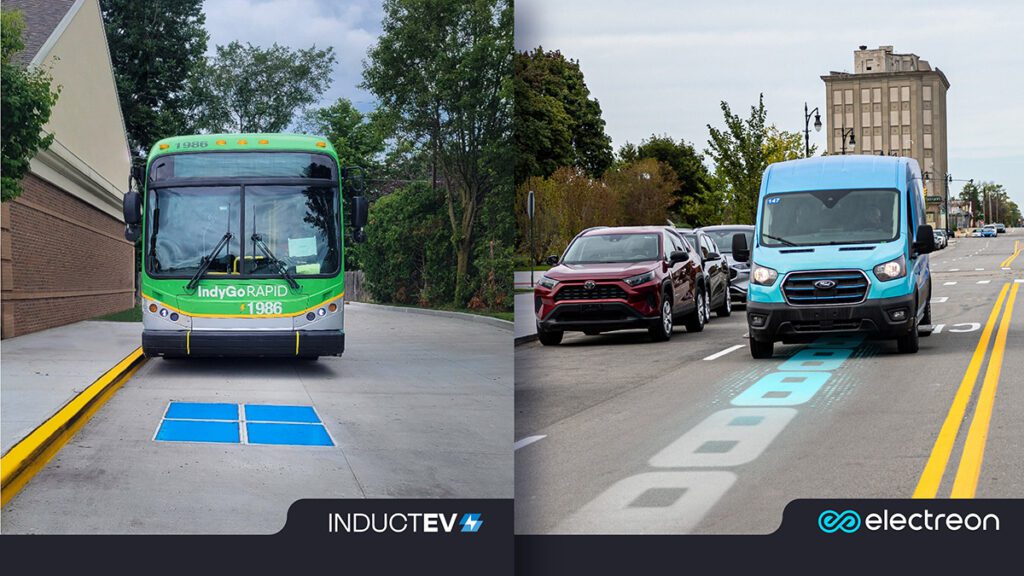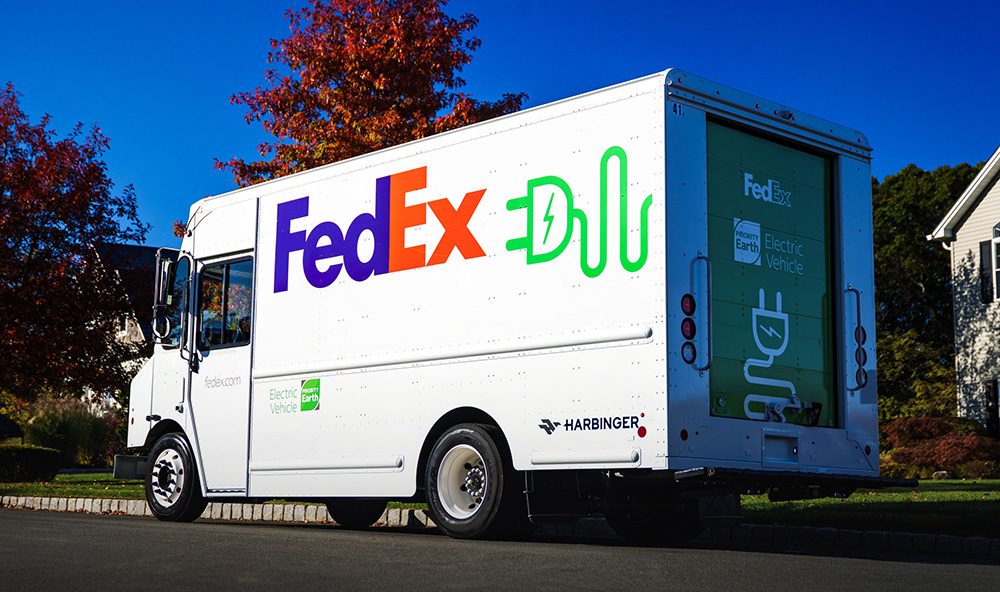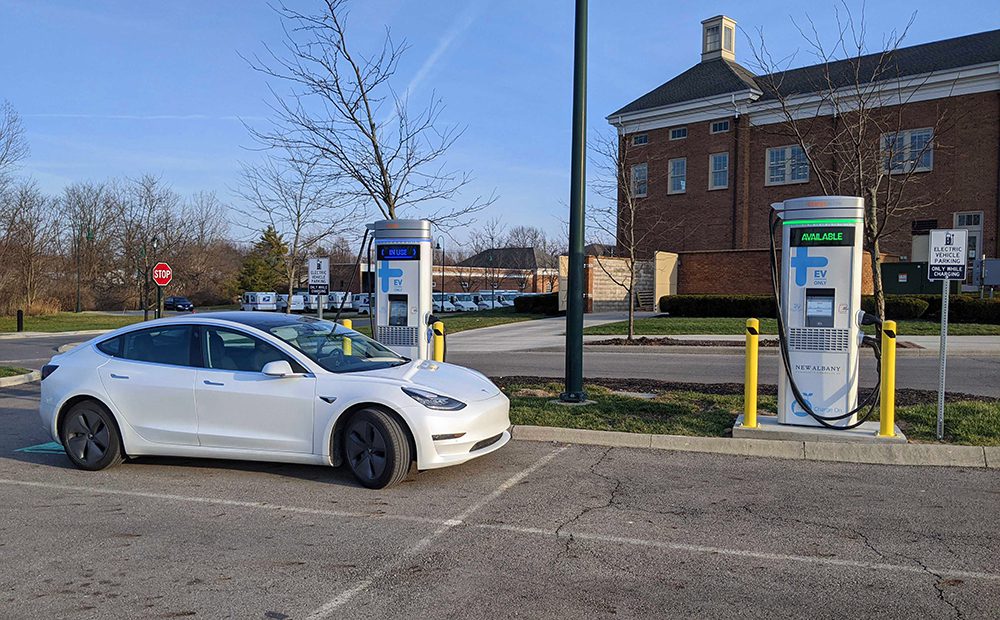While some legacy automakers whine that they can’t make a profit on EVs, and others cling to 20th-century tech such as hybrids and hydrogen, Hyundai is getting on with the business of selling EVs—and making a tidy profit, thank you.
Hyundai Motor, which includes the Hyundai, Kia and Genesis brands, recently posted third-quarter financial results. The Korean automaker announced a record Q3 operating profit of $2.8 billion, up an eye-popping 146 percent from Q3 2022. Operating profit margin reached 9.3 percent, more than double last year’s 4.1 percent.
These results are for the Hyundai Motor group as a whole, including its legacy ICE vehicles, but the company cited electric cars as one of the reasons for its impressive growth. The group sold some 169,000 electrified vehicles (hybrid, PHEV and EV)—a 33 percent increase from last year.
The Korean automaker is going forward with expansion plans, which include offering as many as 31 EVs by 2030 across all three brands.
Seo Gang Hyun, Hyundai Motor’s VP and Chief Financial Officer, acknowledged that the EV market may be facing some short-term headwinds, but said his company had no plans to delay or abandon any of its EV production goals. “We do not plan to dramatically reduce EV production or our line-up due to likely near-term hurdles, as we believe EV sales will grow longer-term,” he told analysts at the recent earnings briefing.
The group aims to be producing 1.51 million electrified vehicles per year in South Korea, and 3.64 million per year on a global basis, by 2030. It will invest around $18.2 billion in this time frame to ramp up production and launch new models, including the Hyundai Ioniq 7 and Kia EV9.






